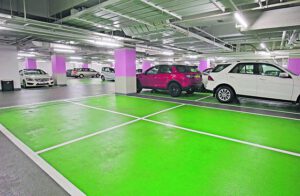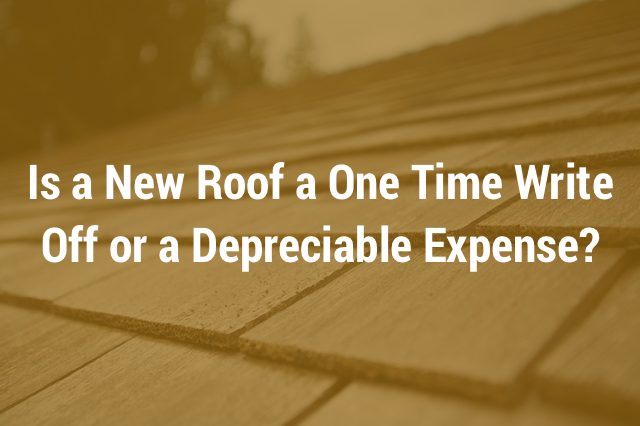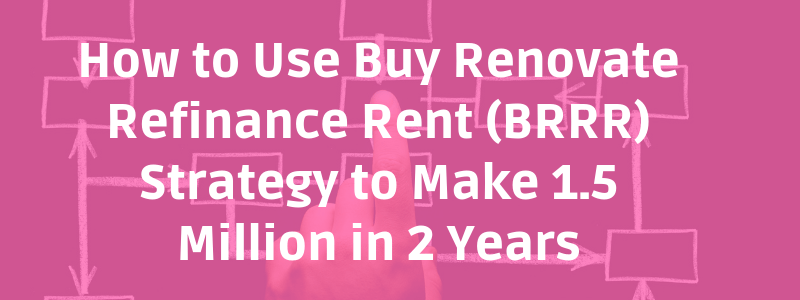
My mom messaged me last week asking for an opinion on her loan arrangement.
She is buying another parking spot in the condo complex that she currently has a rental unit.
The whole plan is that my parents will be taking back the rental unit once my brother gets married.
My brother will keep their existing place and my parents will be moving into this nicer but smaller rental unit (2-bedroom unit under 600 square feet).
They previously purchased a parking spot for HKD$1.5M (equivalent to CAD$240K) in the condo complex next door. She can rent this parking spot for HKD$3K a month (CAD$480).
Well, supposingly there were no parking spots released for sale in the same complex. ? So they bought next door. My dad has a car and they don’t like to rent a parking spot.
The builder suddenly decided to release 80 parking spots for sale. Over 200 people wanted one. They had a lottery system and my mom was lucky enough to be #11.
She went ahead and spent HKD$2.3M this time (equivalent to CAD$367K) with a mortgage. She claimed that she could rent it out to CAD$798 per month.
No joke! A parking spot in Hong Kong can be equivalent to a house in St. Catharines or Hamilton in Canada.
Wonder why houses are so expensive? I would say the low borrowing rate is a strong contributing factor. Her message to me was that she’s planning to borrow HKD$500K and total interest for the entire five years would be a mere HKD$32K.
I had to clarify with her if that would be annual interest rate! If you simply take 32/500, that’s equivalent to 6.2%. Presumably, parking spots aren’t a real house and understandably you get charged a higher rate for financing.
Nope. The $32K was the total interest cost for the three years. This is equivalent to just over 2% annual interest, cheaper than what our Canadian banks are offering as variable rates on regular residential borrowing.
This also goes to show you why there is so much foreign money in the Canadian market.
Where else can you find a place like Canada with a stable economy and relatively cheap housing for people in other parts of the world to invest?
Now onto this week’s topic.
I often get asked the question, “can I write off my roof as a repair expense?”
The general guideline is
- Does the expense provide a last benefit?
- Does the expense maintain or improve the property?
- Is the expense for a part of the property or for a separate asset?
- What is the value of the expense (use this criteria only if you cannot determine whether an expense is capital or current based on the 3 criteria above)
Applying these concepts, if a taxpayer replaces an existing roof in between tenancy, to a certain extent, it’s always improving the property. Even though a roof does not constitute a separate asset, it definitely has a lasting benefit on a property.
At least 2 out of 3 criteria would dictate that a new roof would have to be capitalized, meaning adding to the cost of the building, and will be deductible against future sale price.
The fact that certain roofs can be extra expensive, for example, a flat roof can cost an arm and a leg, also making it harder for the regular taxpayer to argue that the roof should be a one time write off.
The taxpayer replaced much of a garage roof for over $4M in 2010 and 2011 at the property called Citi Centre in Peterborough, Ontario.
The Citi Centre consisted of the garage total 92,000sf, commercial space of 21,000sf at ground level and three apartment buildings consisting of 310 apartments above.
In the court case, the President and CEO of the taxpayer, a construction cost estimating expert, a professional engineer and another expert on the use and effectiveness of materials and techniques used in building envelopes all testified. (Wow!)
The judge analyzed all the factors listed below:
- The roof is expected to have a life of 20 to 30 years or even longer benefits beyond that. So it definitely is providing an enduring benefit in our criteria 1 mentioned above.
- But the roof replacement is only 50% of the entire roof area, is inseparable from the building and the parking garage, so for criteria 3 listed above is covered because it is not a standalone asset.
- In terms of the monetary value of the repair, a $4M repair is no doubt a substantial amount. However, compared to the replacement cost of the entire complex $59M (since the roof is inseparable from the rest of the building), the roof repairs is only 7% of the replacement value.
Now the only criteria in question is whether the expense maintained or improved the property.
However, the parking garage does not generate more revenue, there are the same number of parking spots before and after the repairs. Visually speaking, it is similar to the condition when it was first built, the judge concluded that the technical improvement of the roof was not sufficient enough to make this a depreciation expenditure.
What does that mean to you and me?
This court case provides some guidance in terms of how you classified the cost of replacing the roof. In the past, concerns were often raised given that new techniques were available and provide some improvement to the property in a way.
The judge took the approach to analyze the new roof in relation to the overall property value, the functionality and the appearance of the garage to come to the conclusion that this roof replacement is indeed a repair expense.
A rare win for a real estate investor.
Until next time, happy Canadian Real Estate Investing.
Cherry Chan, CPA, CA
Your Real Estate Accountant





